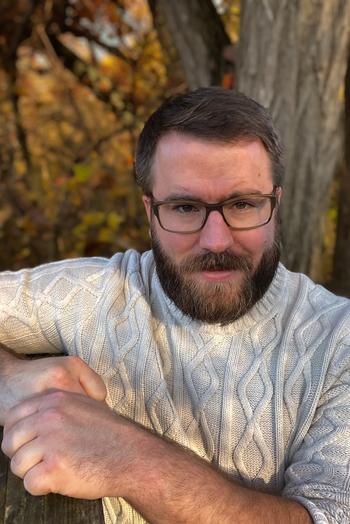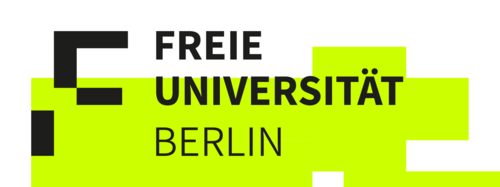Daniel Kranzelbinder

University of Chicago
Ancient philosophy, epistemology, history of science, metaphysics
I am interested in how the natural world became an object of scientific inquiry, how philosophical and mathematical methods came to be the preferred tools to be applied to its study, and what that means for inquiry and understanding. My first project examines how Aristotle thinks we justify making certain assumptions our explanatory bedrock (rather than other ones). My second project concerns the question of how the ancients thought we can lose trust in specific scientific propositions, methods, and systems without losing trust in science and scientific inquiry itself.
At the Human Abilities Centre, I will be working on these issues with a view to the relationship between idealized, explicit epistemological theories of our rational abilities—especially those we exercise when we engage in scientific work— and how we exercise these abilities in practice when doing scientific work as non-ideal epistemic agents that are limited in all kinds of ways. Specifically, I am interested in Aristotle’s account of this relationship and especially in the set of abilities by which we make progress in the sciences: both as individual agents and as communities of inquirers working across several generations.
Before coming to Berlin, I received my PhD in philosophy from Princeton in 2021 with a dissertation on Aristotle’s Physics and Posterior Analytics. In 2023-2024 I am also a Fellow at the Harvard Center for Hellenic Studies.



